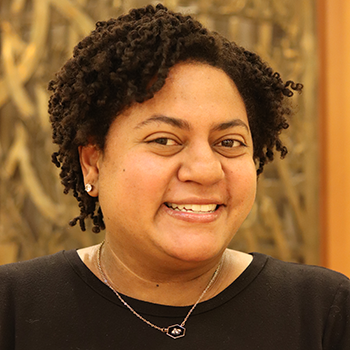The first thing that stands out to me when reading Va-et'chanan is Moses’ evolution from faith to absolute confidence in God. We read in Deuteronomy 3:26 that Moses told the people how God was “wrathful with me on your account” and would not allow him to enter the land with them. He is not upset because the wrongdoings of the people have caused his life to be changed; Moses recognizes that it also his own mistakes that invoked God’s anger.
In Numbers 20:7-12, when God tells Moses to speak to the rock to obtain water, Moses instead did what he wanted to do. He strikes the rock. He has faith in God here, but lacks confidence that God will deliver. At first, this might seem hard to accept, but Moses was the model for the Israelites of evolution from faith to absolute confidence in God. A lot of this portion focuses on the difference between faith in God (emunah), and complete and total confidence in God (bittachon).
The Jews at Massah had emunah, faith in God, but we see that they had little to no bittachon, confidence in God. This is evident in the Israelites’ declaration to Moses in Exodus 16:3, which could be paraphrased as, “God took us out of Egypt just to allow us to die of thirst and hunger in the wilderness?” God tells the people that they will be taken care of. However, they refuse to surrender total control. They do not even entertain the idea that God will follow through. We see this lack of bittachon again when Moses recalls how the Israelites heard God’s voice on Mount Sinai. Here, we see that the people have faith in God; in fact, they have a healthy fear of God. However, they ask Moses to go up and talk to God on their behalf.
Today, we oftentimes call upon God in times of dire need as a final effort to save ourselves physically or mentally. I believe it does not have to be this way. If one has not only faith, but complete confidence and conviction that God will be by our side, we have achieved bittachon as Moses did... regardless of whether we’re able to enter our Promised Land. As a people, we must do the same.
Explore Jewish Life and Get Inspired
Subscribe for Emails

